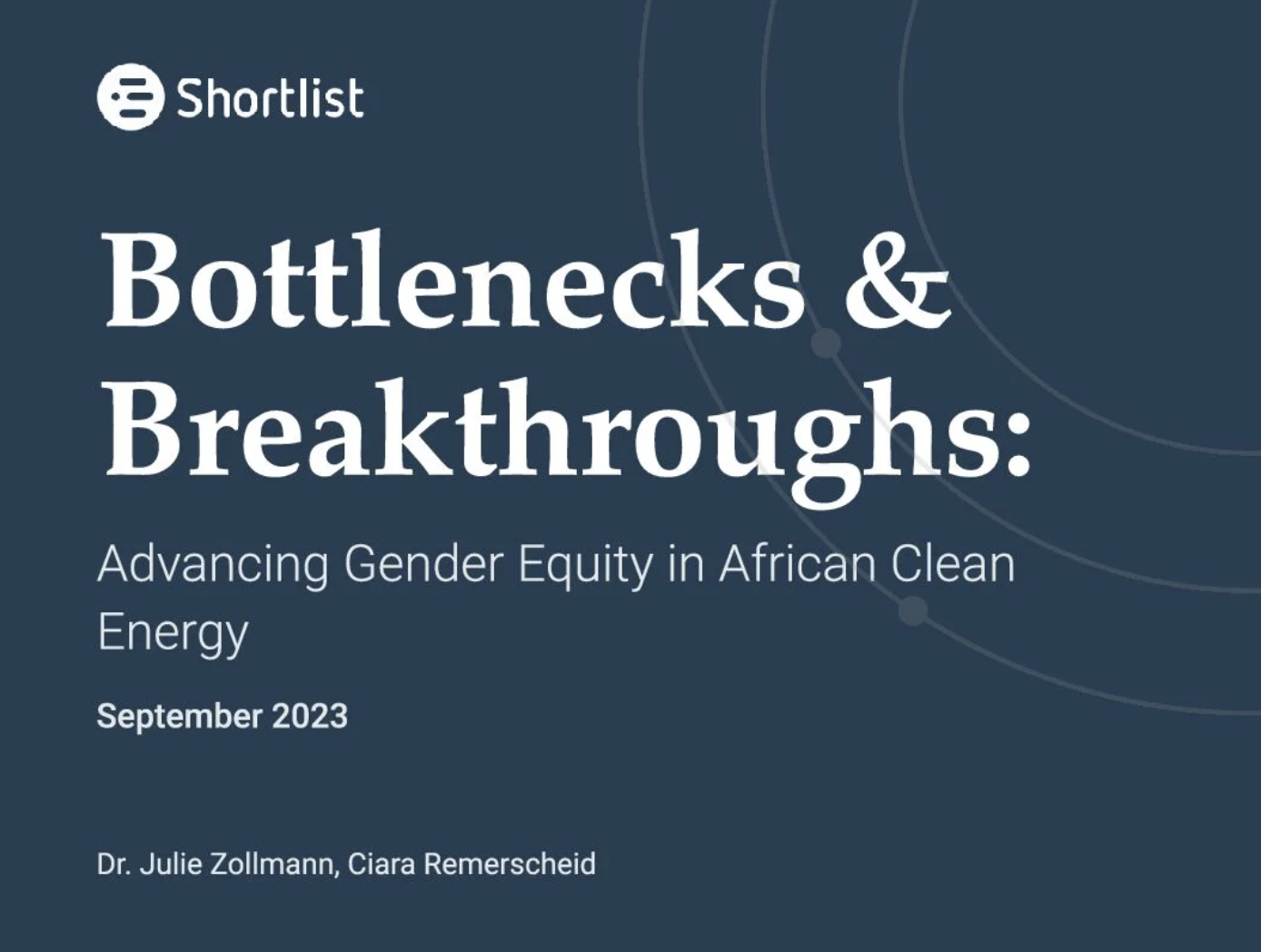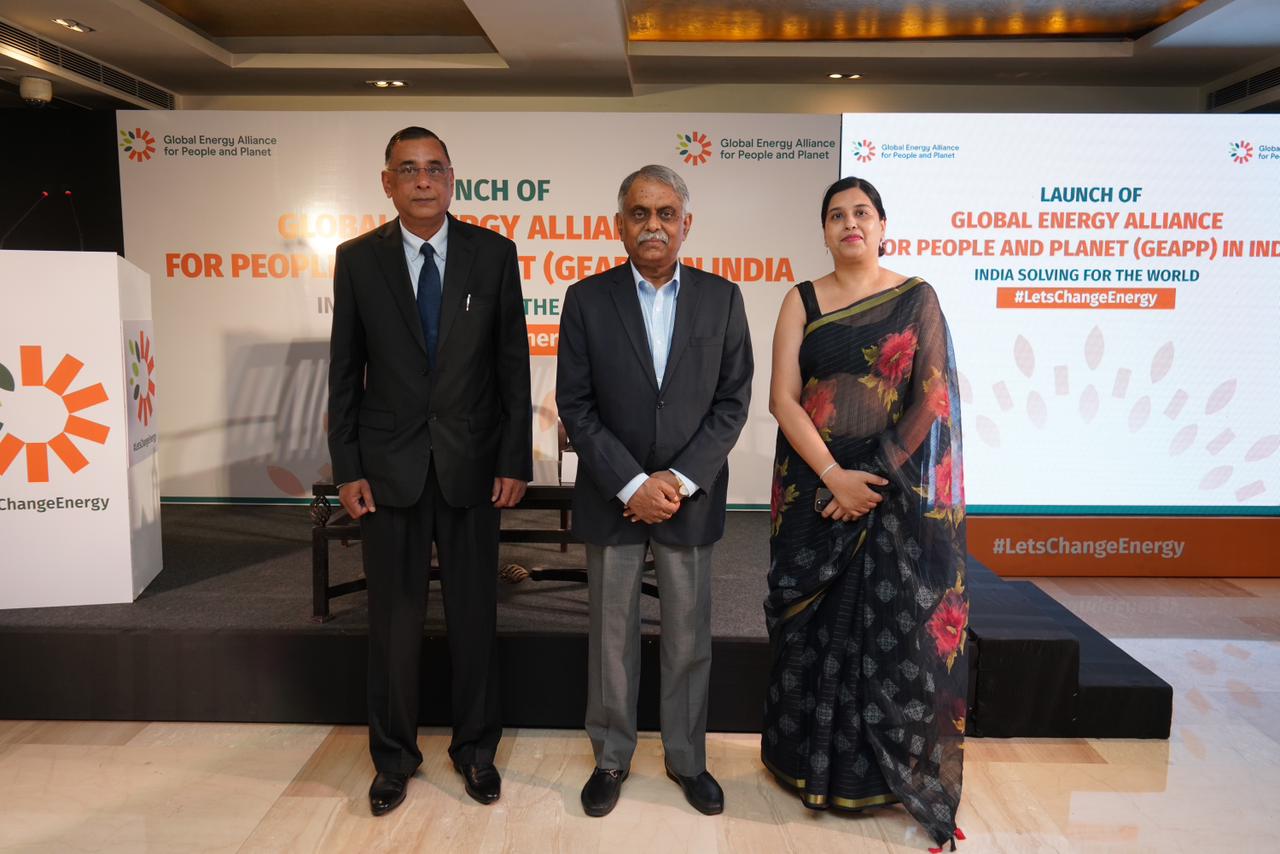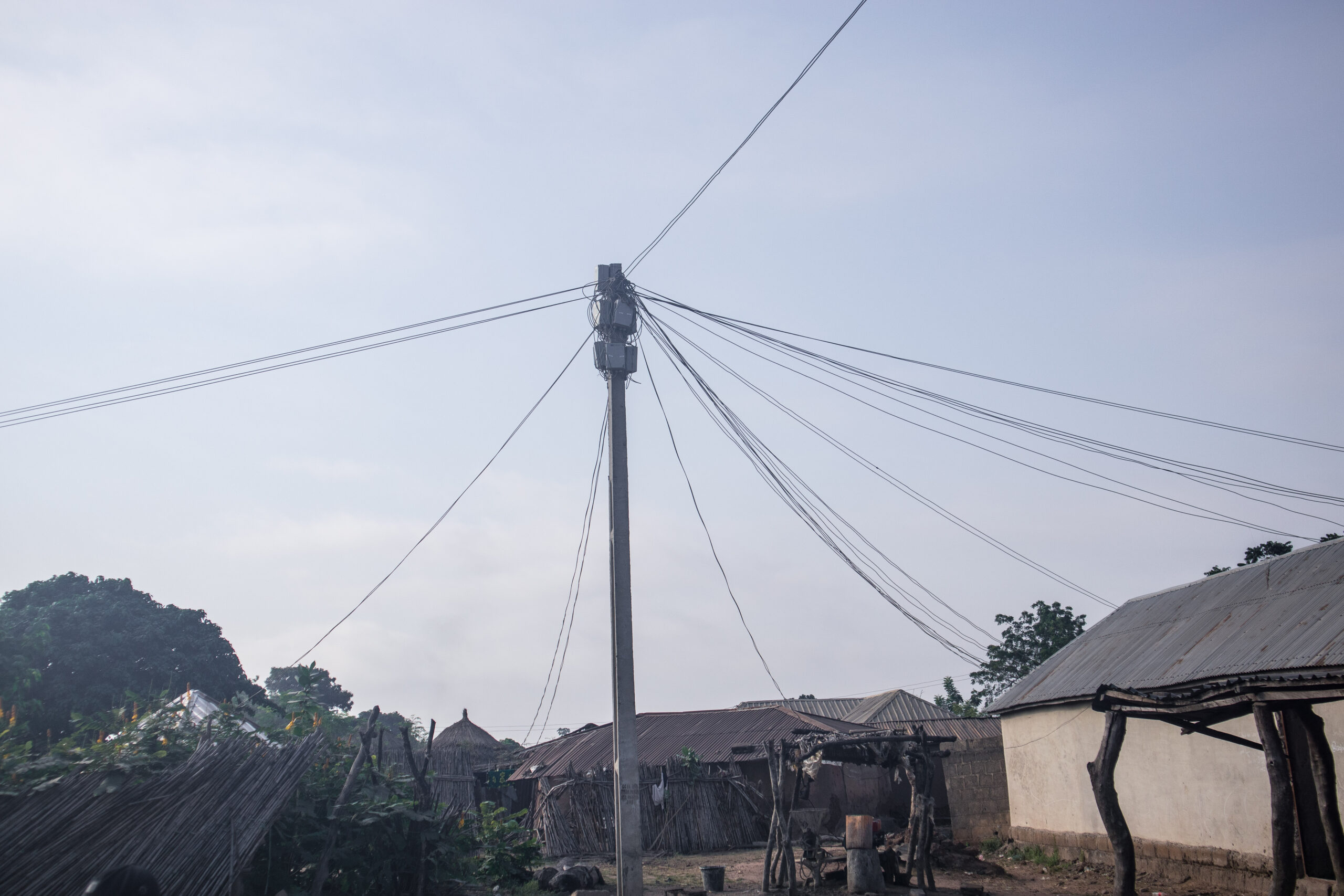Empowering Change: Transforming Gender Dynamics in Africa’s Clean Energy Sector

The clean energy sector globally has traditionally been male-dominated, with over 70% of the workforce being male. However, a powerful transformation is underway in Africa. Clean energy companies are making concerted efforts to diversify their workforces, making a particular effort to attract, hire, and retain women across job functions and levels. The pipeline of women workers is also growing, in part and often primarily because women want to support themselves and their families, but also increasingly to be part of addressing the global climate crisis, which will disproportionately impact poor communities across Africa despite accounting for less than 3% of global carbon emissions. As government and industry look together to accelerate the expansion of clean energy generation and access, we see an unprecedented opportunity to drive greater job and economic opportunities for women.
Steady Progress

The clean energy sector in Africa has witnessed an uptick in the recruitment of women, a heartening trend fueled by the allure of impactful work and the fight against climate change. Women, motivated by a sense of purpose, are stepping into roles that were once predominantly male-dominated (e.g., finance, engineering, and even renewables installation and maintenance). Ambition and confidence are proving to be assets, helping women overcome initial obstacles and thrive in their careers.
However, the path to gender balance isn’t without challenges. We’re proud to share a new report, “Bottlenecks & Breakthroughs: Advancing Gender Equity in African Clean Energy”, which diagnoses the underlying drivers of gender inequity in clean energy employment and illuminates how these factors show up in the experiences of young women in the clean energy sector in their own words.
Persistent challenges
Deep-rooted social norms and biases persistently influence workplaces and communities, subtly shaping hiring practices and career trajectories. These biases lead to structural barriers that hinder progress, which manifest themselves in the recruitment and advancement of women across job types and levels.
- Pipeline: Upstream from actual job openings and hiring processes, there’s a broad disparity between women and men in their respective awareness of opportunities in the clean energy space and access to the educational opportunities sometimes necessary to acquire them.
- Hiring: A number of challenges appear in the process of hiring women into clean energy roles, and while some of these challenges can be easily overcome by deploying new tactics such as raising awareness in female-centric spaces or offering training for women for particular skill sets, many hiring challenges are predicated on strong social norms and beliefs maintained by society, and require systemic approaches to overcome.
- Workplace: Beyond the hiring process, women face many unique challenges once on the job. Companies are offering roles that do not appeal to their needs, discouraging them from applying, and for the women who do secure jobs, workplaces can vary in their degree of inclusivity and benefits that support and meet women’s needs, which can further limit their progression and retention in roles.
More recently, many companies have begun to restructure roles, sometimes leading to commission-based instead of salaried positions that heighten financial instability and lower employee retention rates. These shifts are exacerbating the challenges of balancing demanding work hours with other unpaid care duties.
Finally, in some instances the prospects of relocation for career growth often clash with family responsibilities, creating complex dilemmas for married women with children who are less likely to relocate for jobs.
Paving the Way Forward
To ensure that the sector continues to grow its ability to recruit, advance and retain women at scale, a multifaceted approach is required.
- Employers must embrace overt encouragement, adding language such as “Women are encouraged to apply” to job advertisements.
- Engaging men as allies is crucial, creating a supportive atmosphere both within the workplace and the larger community. They can be powerful recruiters and reach women who are not already looking for jobs in the sector.
- Leveraging diverse outreach channels and removing gendered language from job descriptions are steps toward reducing bias in hiring practices.
- Blind hiring, a practice that evaluates candidates solely based on skills by removing identifying details, can significantly curb gender-based prejudice.
- Simplifying job requirements to essential qualifications only. Women are less likely to apply to jobs where they don’t meet ‘all’ the criteria.
- Throughout the hiring process, involving female interviewers and unbiased skill assessments ensures fair evaluation.
Harnessing the Potential
The inclusion of women in Africa’s clean energy sector isn’t just a moral issue – it’s an economic imperative as companies must tap into the widest talent pools possible, and a pragmatic imperative as we all need women front and center to drive the most comprehensive response to our climate crisis. Looking ahead, it will be critical for the sector to continue to develop gender-inclusive hiring, advancement and retention plans for women. There is still room for improvement to advance gender targets – particularly at the mid to senior level – to also ensure that women are being considered across all job levels.
You can read more about Shortlist and The Global Energy Alliance for People and Planet’s work to support women’s representation in the clean energy sector by reading “Bottlenecks & Breakthroughs: Advancing Gender Equity in African Clean Energy.” For any questions or inquiries please reach out to Ciara Remerscheid, Director, Shortlist Futures.


